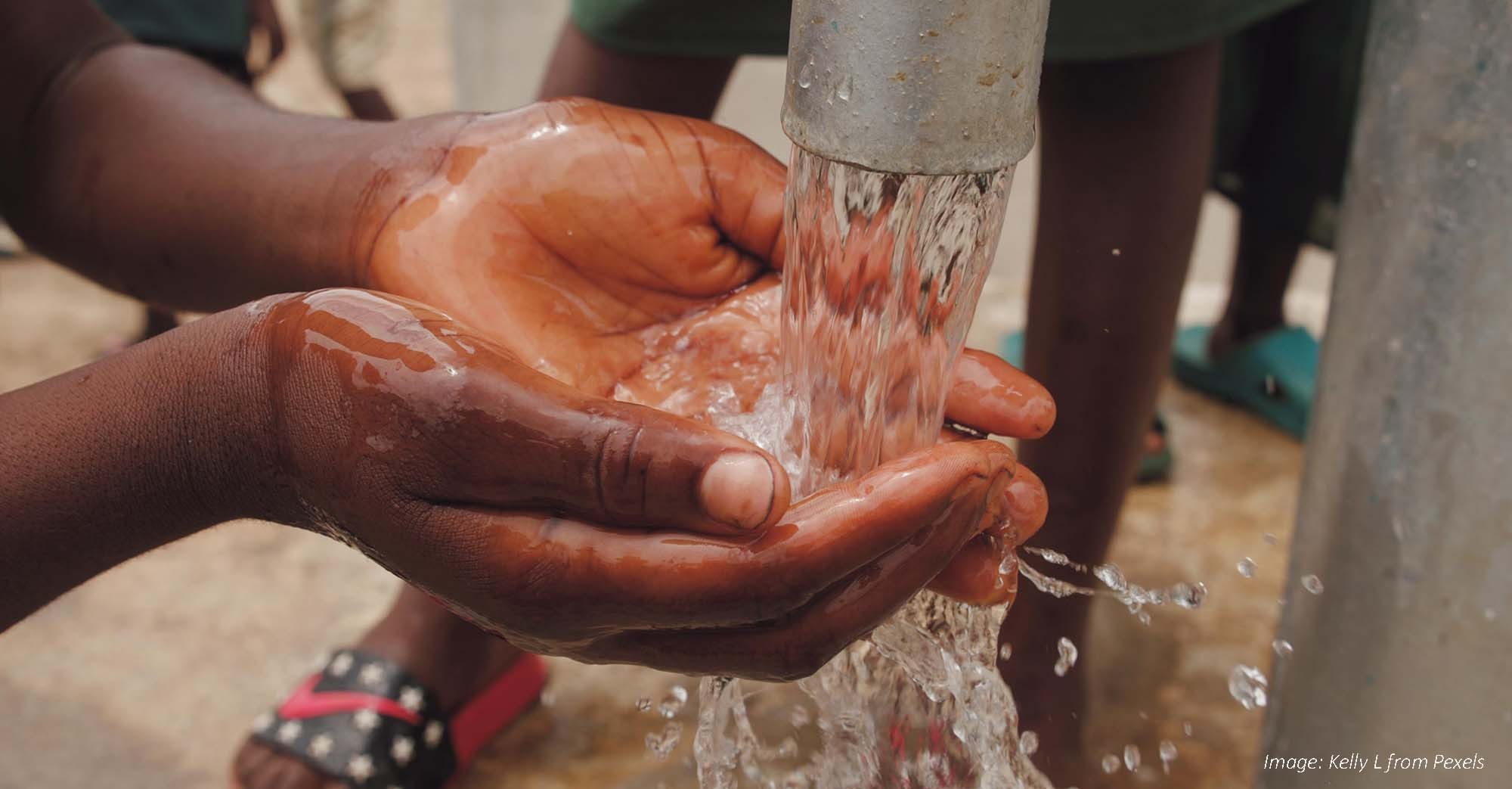
"There's nothing more essential or basic than water. It is the foundation of life, our most precious commodity and our most contested resource."
- Vasudha Sharma, SPA New Delhi
Our systems approach
Tackling something as complex as water security requires an approach that simultaneously takes into account the broader, global picture, alongside localised, specific challenges. Incremental improvements in access to services are often confounded by conflict, pollution, extreme floods and droughts, uncontrolled development, over-abstraction of groundwater, ecosystems damage, gender and other inequalities, and bad governance. Water security can only be improved by building resilience across the whole water system to ensure individual interventions and improvements do not subsequently fail.
At the Hub's inception we identified systemic barriers that, if tackled, and supported by suitable capacity building, provide the means to address the challenge of global water security. Our research programme was structured into "workstreams" focussed on these key, underpinning themes, and aspects of water security:
Throughout our entire research programme, the Water Security Hub implemented an integrated, transformative systems approach that recognised the interactions and interdependencies between people, institutions, natural environment, and infrastructure. Our multidimensional, transdisciplinary approach breaks down traditional, siloed ways of thinking in order to address systemic barriers to water security, like narrow viewpoints, high costs, fragmented governance, and limited capacity building. Our method is distinctive, combining research along overarching and cross-cutting themes with localised, place-based solutions.
Our systems approach has ensured equitable, inclusive dialogue and negotiation about water management in each of our programme sites. Our global team of researchers and partners come together to work collaboratively, bringing the variety of skills, backgrounds, experiences, and perspectives needed to create an understanding of water security issues and develop sustainable solutions. Our collaboratory model created an inclusive space for the sharing of all experiences, including a multiplicity of voices (communities, civil societies, government agencies, industries, business), and spanning social, environmental, technical, financial, and economic interests and values.
This structure has allowed for more insights and layers compared to traditional bilateral research exchanges, providing place-based case studies, and a vehicle for partnership working and capacity building, facilitating cross-country thematic learning across the entire global Hub team.







